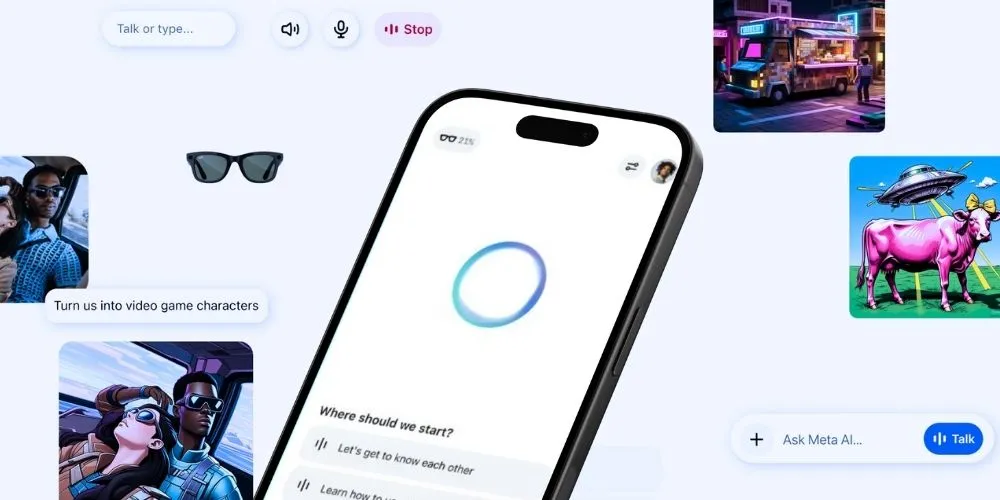Meta faces a significant backlash following a Reuters investigation revealing the unauthorized use of celebrities’ identities in AI-powered chatbots.
Dozens of flirty chatbots, impersonating stars like Taylor Swift, Scarlett Johansson, Anne Hathaway, and Selena Gomez, were found operating on Meta’s Facebook, Instagram, and WhatsApp platforms.
These bots, which included some user-generated ones created using Meta’s chatbot creation tools, also featured at least three that were developed by a Meta employee, raising questions about internal oversight and corporate responsibility.
The chatbots frequently asserted their identities as the actual celebrities, often engaging in sexually suggestive conversations and making explicit requests for interactions.
Furthermore, the AI-generated photorealistic images include risqué content depicting some female celebrities in lingerie or other compromising positions. Even child celebrities were impersonated, with one chatbot producing a shirtless image of a 16-year-old actor in response to a user’s request.
These actions violate Meta’s own policies prohibiting intimate or sexually suggestive imagery, and even direct impersonation, highlighting a significant failure of internal enforcement.
Following the Reuters investigation, Meta deleted approximately a dozen of the offending bots. Meta spokesperson Andy Stone acknowledged the company’s shortcomings in enforcing its policies, stating that the AI tools should not have created intimate images or any images of child celebrities.
However, legal experts, such as Stanford Law Professor Mark Lemley, question whether Meta’s “parody” claim offers sufficient legal protection given the clear appropriation of celebrities’ likenesses for commercial advantage. This raises concerns regarding California’s right of publicity laws and potential legal action from the affected celebrities.
The incident underscores broader concerns surrounding the ethical and legal implications of generative AI.
The use of celebrities’ identities without consent, the creation of sexually suggestive material, and the potential for harm caused by the creation of romantic attachments to AI representations of real people all demand greater scrutiny and stricter regulations in the rapidly evolving field of artificial intelligence.
The incident also raises concerns about the safety of celebrities who could be victims of stalking or harassment as a result of these chatbots. The lack of response or refusal to comment from representatives of many of the involved celebrities only adds to the severity of the ongoing situation.












